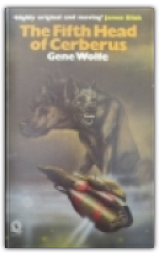
A brothel-keeper's sons discuss genocide and plot murder; a young alien wanderer is pursued by his shadow double; a political prisoner tries to prove his identity, not least to himself. Gene Wolfe's first novel consists of three linked sections, all of them elegant broodings on identity, sameness and strangeness, and all of them set on the vividly evoked colony worlds of Ste. Croix and Ste. Anne, themselves twins delicately poised in mutual orbit. Marsch, victim in the third story, is the apparent author of the second and a casual visitor whose naïve questions precipitate tragedy in the first; the sections dance around each other like the planets of their setting. Clones, down-loaded personalities inhabiting robots, aliens that perhaps mimicked humans so successfully that they forgot who they were, a French culture adopted by its ruthless oppressors—there are a lot of ways to lose yourself, and perhaps the worst is to think that freedom consists of owning other people, that identity is won at the expense of others. It is easy to be impressed by the intellectual games of Wolfe's stunning book, and forget that he is, and always has been, the most intensely moral of SF writers. —Roz Kaveney 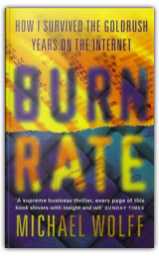
Journalist Michael Wolff is a recognised pioneer in the business of cyberspace who has been developing products and services for the online world since the dark ages of 1994. During the following years however, not all the activities he engaged in nor all the people he dealt with left a pleasant taste in his mouth—although his cumulative adventures certainly have been very lucrative. In Burn Rate: How I Survived the Gold Rush Years on the Internet Wolff pulls few punches as he candidly and methodically recounts the single steps forward and multiple steps back that marked his experiences while trying to transform a fledgling print media enterprise into a towering New Media colossus. After developing a series of "NetGuide" books that proved highly successful he attempted to transfer the concept to a variety of online offshoots and in the process collaborating with Wired magazine, Time-Warner's Pathfinder, the late Robert Maxwell's media empire, AOL, assorted venture capitalists, sundry competitors and numerous would-be partners. Burn Rate is a fascinating tale that might best be characterised by the old adage that warns us to "be careful what we wish for, for we just might get it". —Howard Rothman |
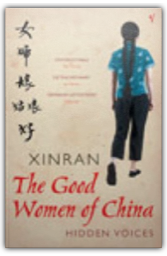
Xinran's The Good Women of China continues the tradition of Chinese women writing in recent years. Jung Chang, in Wild Swans, and Aiping Mu, in Vermilion Gate, for example, have written of the effect of recent Chinese history on themselves and their families. However, both of these books, and others like them, have been by women from the upper echelons of Chinese society. What of ordinary Chinese women? How are their voices to be heard? 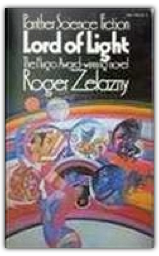
In the 1960s, Roger Zelazny dazzled the SF world with what seemed to be inexhaustible talent and inventiveness. Lord of Light, his third novel and the seventh in Millennium's SF Masterworks series, is his finest book: a science fantasy in which the intricate, colourful mechanisms of Hindu religion, of capricious gods and repeated reincarnations, are wittily underpinned by technology. "For six days he had offered many kilowatts of prayer, but the static kept him from being heard On High." The gods are a starship crew who subdued a colony world, developed godlike—though often machine-enhanced—powers during successive lifetimes of mind transfer to new, cloned bodies and now lord it over descendants of the ship's mere passengers. Their tyranny is opposed by retired god Sam, who mocks the Celestial City, introduces Buddhism to subvert Hindu dogma, allies himself with the planet's native "demons" against Heaven, fights pyrotechnic battles with bizarre troops and weapons, plays dirty with politics and poison and dies horribly but won't stay dead.... It's a huge, lumbering, magical story, told largely in flashback, full of wonderfully ornate language (and one unforgivable pun) that builds up the luminous myth of trickster Sam, Lord of Light. Essential SF reading, despite this edition's tiresome typographic errors. —David Langford |

Mike Scott
Collection Total:
4227 Items
4227 Items
Last Updated:
Feb 21, 2010
Feb 21, 2010
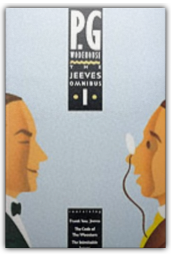

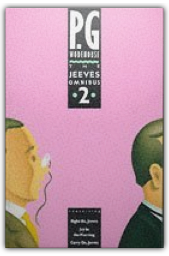
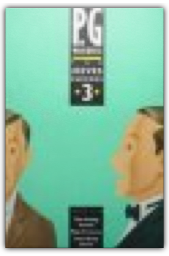
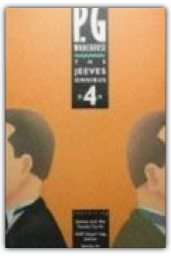
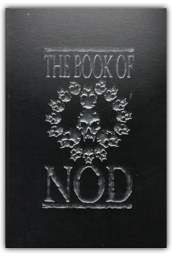
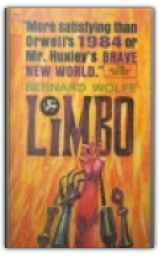
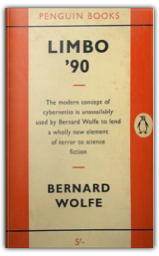
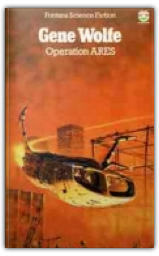
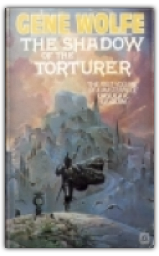
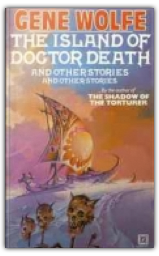
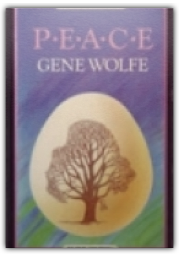
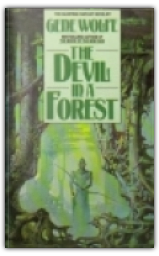
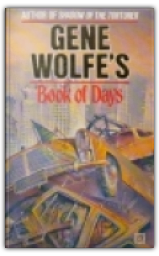
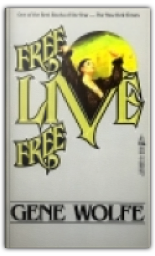
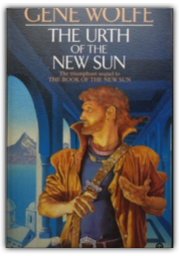
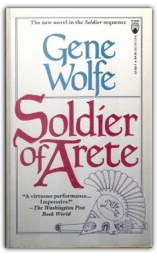
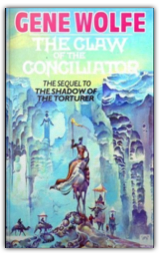
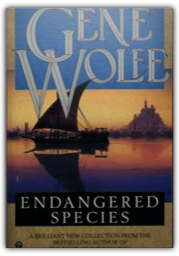
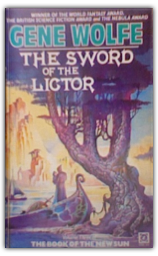
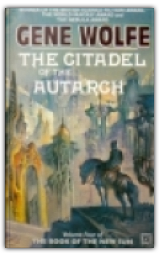
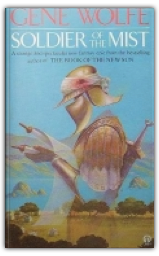
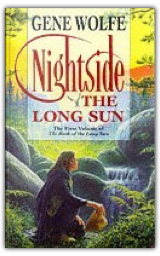
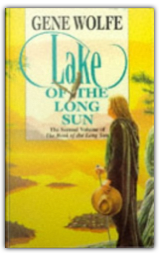
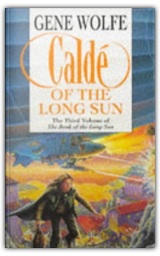
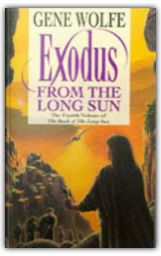
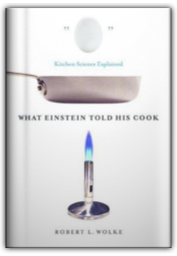
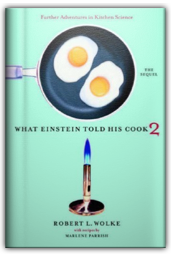
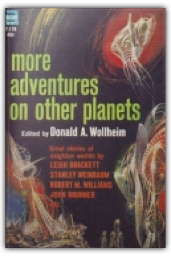
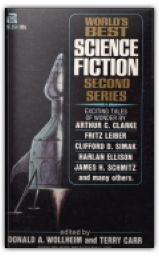
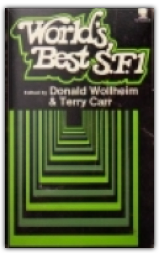
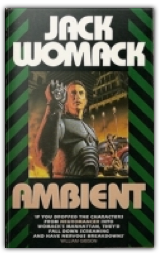
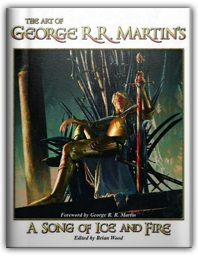
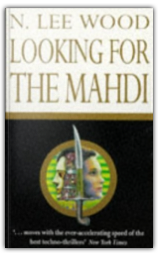
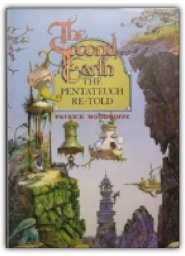
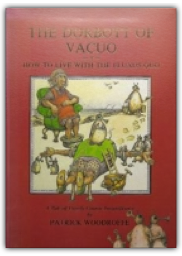
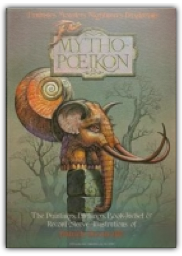

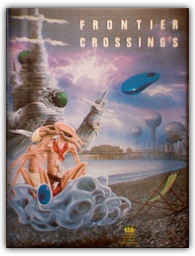
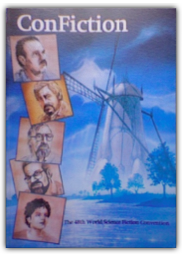
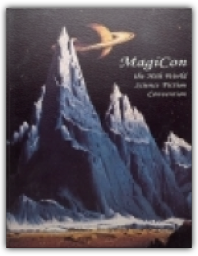
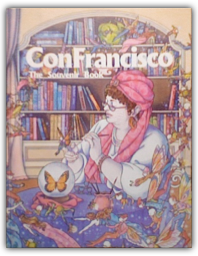
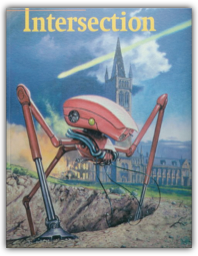
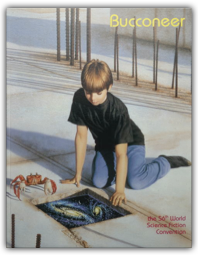
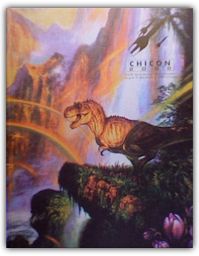
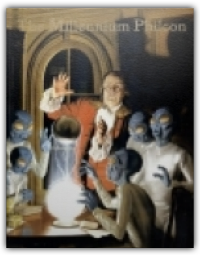
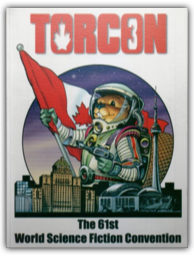
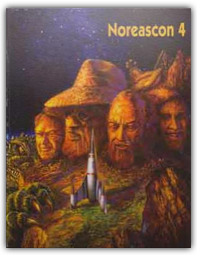
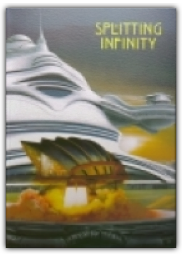
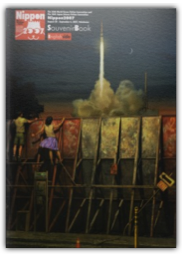
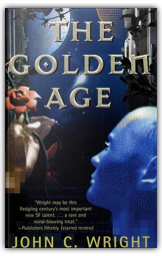
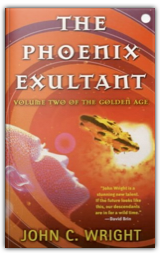
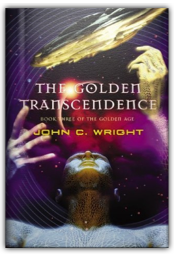
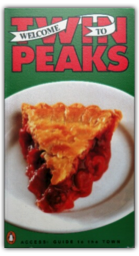
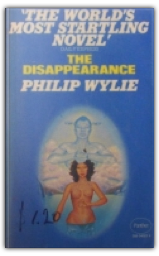
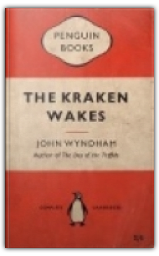
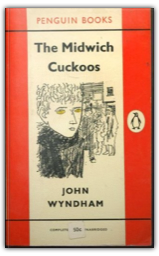
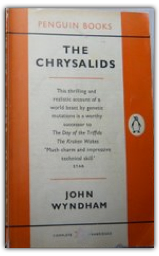
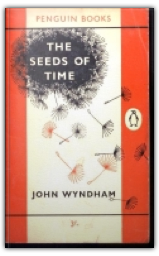
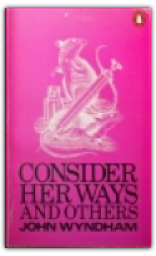

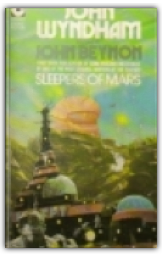
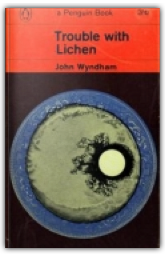
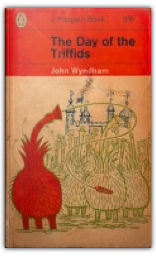
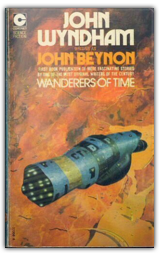
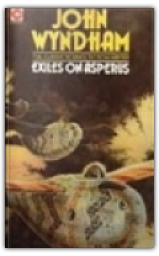
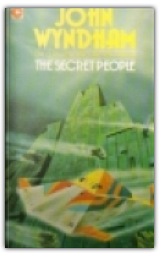
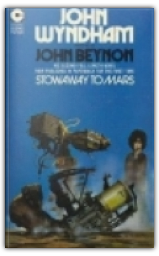
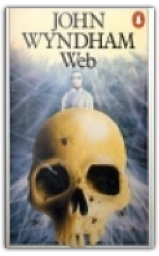
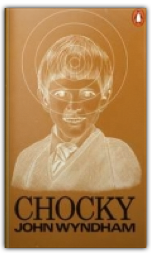
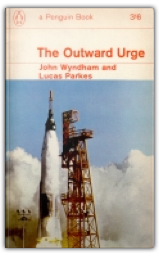


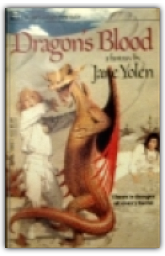

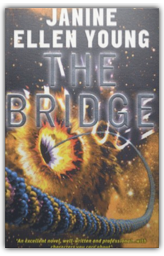
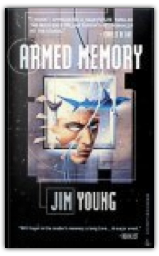


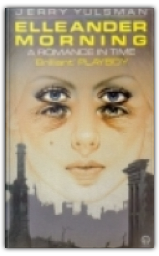

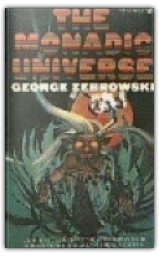
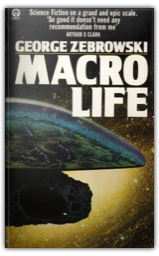
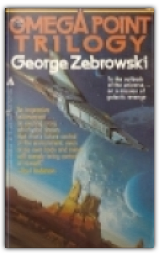
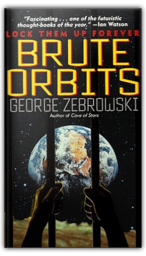
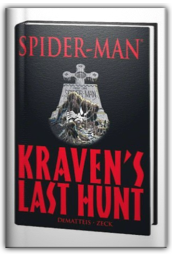
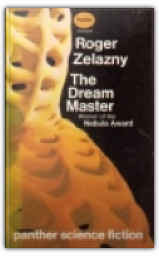
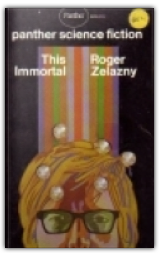
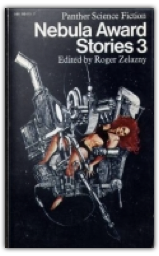
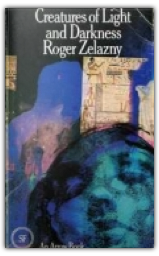
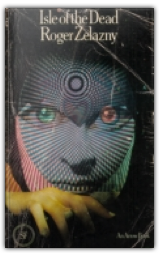

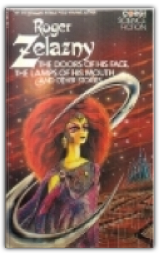
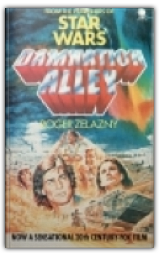
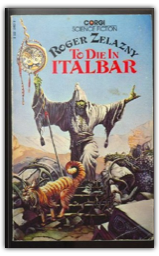
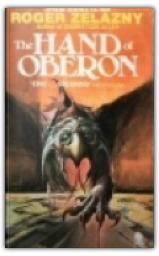
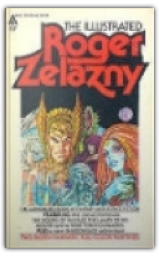
 Made with Delicious Library
Made with Delicious Library